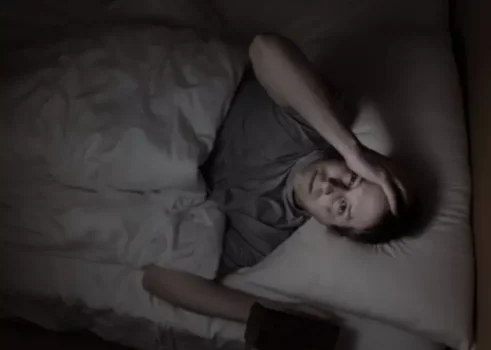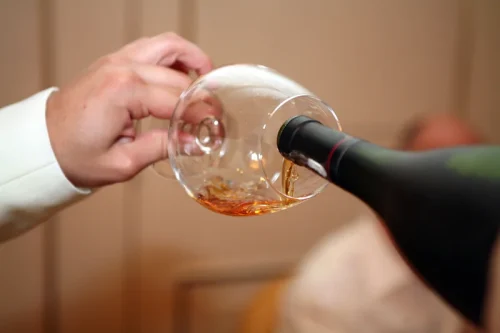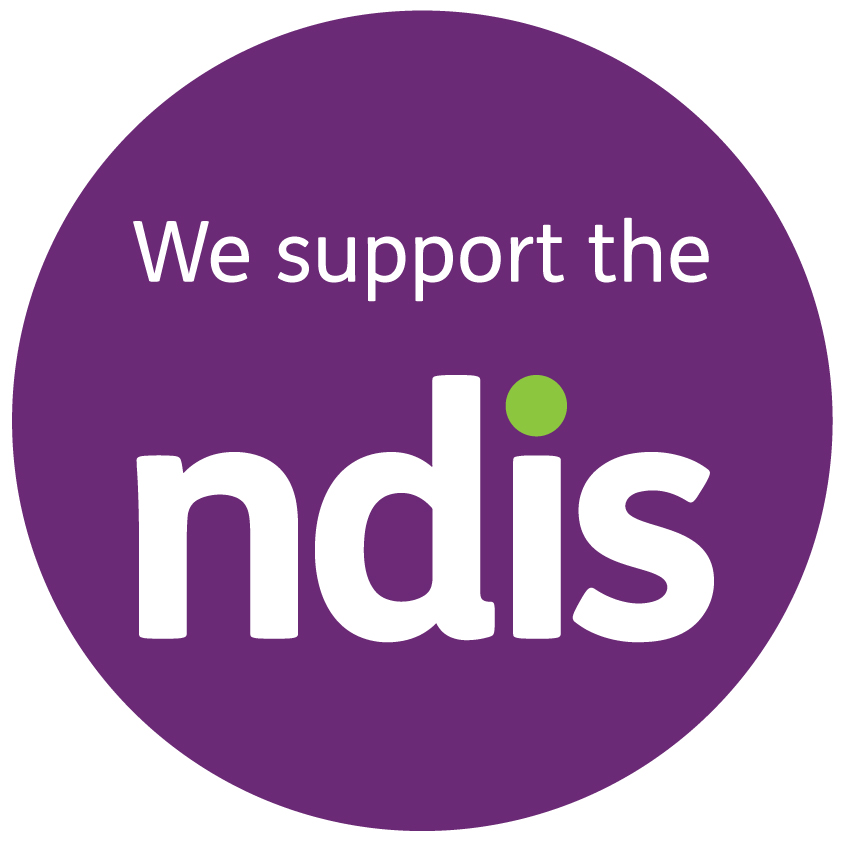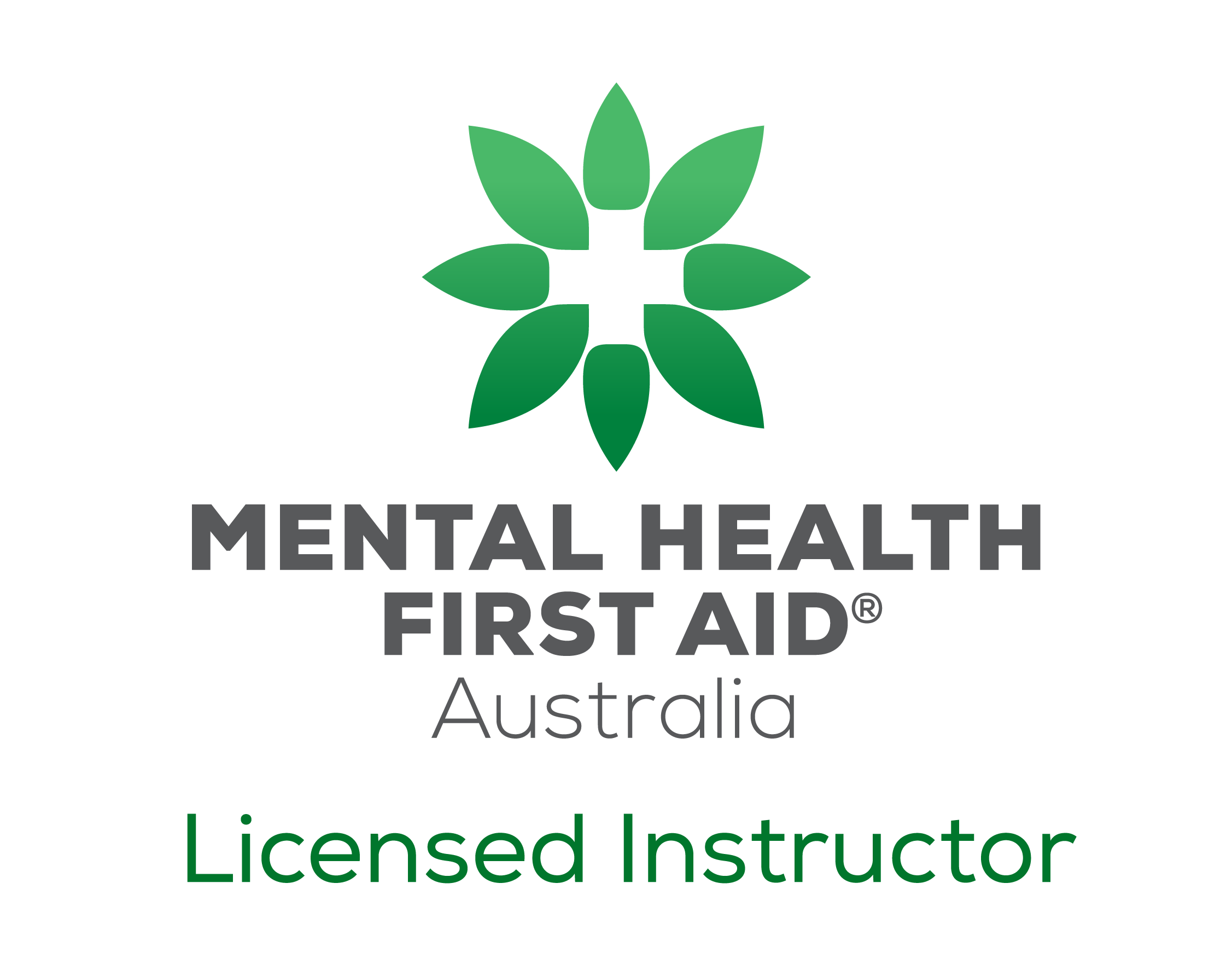
But you don’t have to wait for a designated month to take a break from alcohol. The insights gained while taking a break from alcohol can help guide better choices moving forward. Within just a month of not drinking, your body can begin to reap the benefits.

What does drinking alcohol do to your body?
Since alcohol is a depressant, it can throw your sleep cycle off balance by slowing down your nervous system. As your nervous system speeds back up once the alcohol exits your system, you may experience sleep disruption and wake up more throughout the night. This can lead to poor function and sleepiness the following day. “Insomnia is pretty common among people who abuse alcohol,” Dr. McGrath says.
Increased Mental Clarity
- Here are some significant ways not drinking for 30 days or more can impact your body, mind, and overall health.
- Here’s a general breakdown of what can happen when you stop drinking for a month.
- Depending on how much a person drinks, taking a break from alcohol for a month could lead to myriad positive changes.
- Since alcohol floods the brain with dopamine, which influences how we feel pleasure, the “rush” of this feel-good chemical can cause anxiety to flare up as soon the levels begin to drop.
The dehydrating effect of alcohol affects your skin and your hair significantly. As you have four weeks of better hydration, improved sleep and https://ecosoberhouse.com/ better overall health, it will noticeably affect your skin and hair. Your skin may appear fuller and healthier in consistency and quality.
Reduce the risk of cancer
Taking a break from alcohol for 90 days offers a wide range of benefits, from improved sleep and mental clarity to better physical health and emotional stability. Whether you’re looking to improve your well-being or simply reevaluate your relationship with alcohol, this three-month break can lead to lasting, positive changes. As you experience increased energy, productivity, and self-awareness, you may find that this temporary pause helps you make more mindful decisions about drinking in the future. Whether you continue to abstain from alcohol or choose to reintroduce it, a 90-day break can be a transformative experience for your health and happiness. Although we often turn to a glass of wine or a stiff martini to feel better, the irony is that drinking can have both short- and long-term negative effects on mood.
What happens to your body when you stop drinking?

“People often describe to me that they now realize how much the alcohol altered their behavior and relationships. They are more introspective taking a break from alcohol about their alcohol use,” Larson said. “We came to a realization that we were drinking way too often and way too much,” says Zaleski.
Health Alerts from Harvard Medical School

If you’re having difficulty sticking to your goal or just want some extra guidance, consider reaching out for professional support. You might run into obstacles along the way that tempt you to drink. Keep in mind the reasons you chose to cut back on or quit alcohol. Feeling at your best physically can boost resilience and emotional strength, equipping you to weather challenges that trigger the desire to drink.
Helping children make friends: What parents can do
- Your healthcare team will help treat each symptom as soon as it develops and equip you for success.
- Of course, not everyone who drinks has a problem, but a break from alcohol can allow people to consider how much they’re drinking and why.
- A 2016 British study of about 850 men and women who volunteered to abstain from alcohol during Dry January found that participants reported a range of benefits.
- Go to the nearest emergency room or call 911 (or your local emergency service number) if you or a loved one has any concerning symptoms of alcohol withdrawal.





